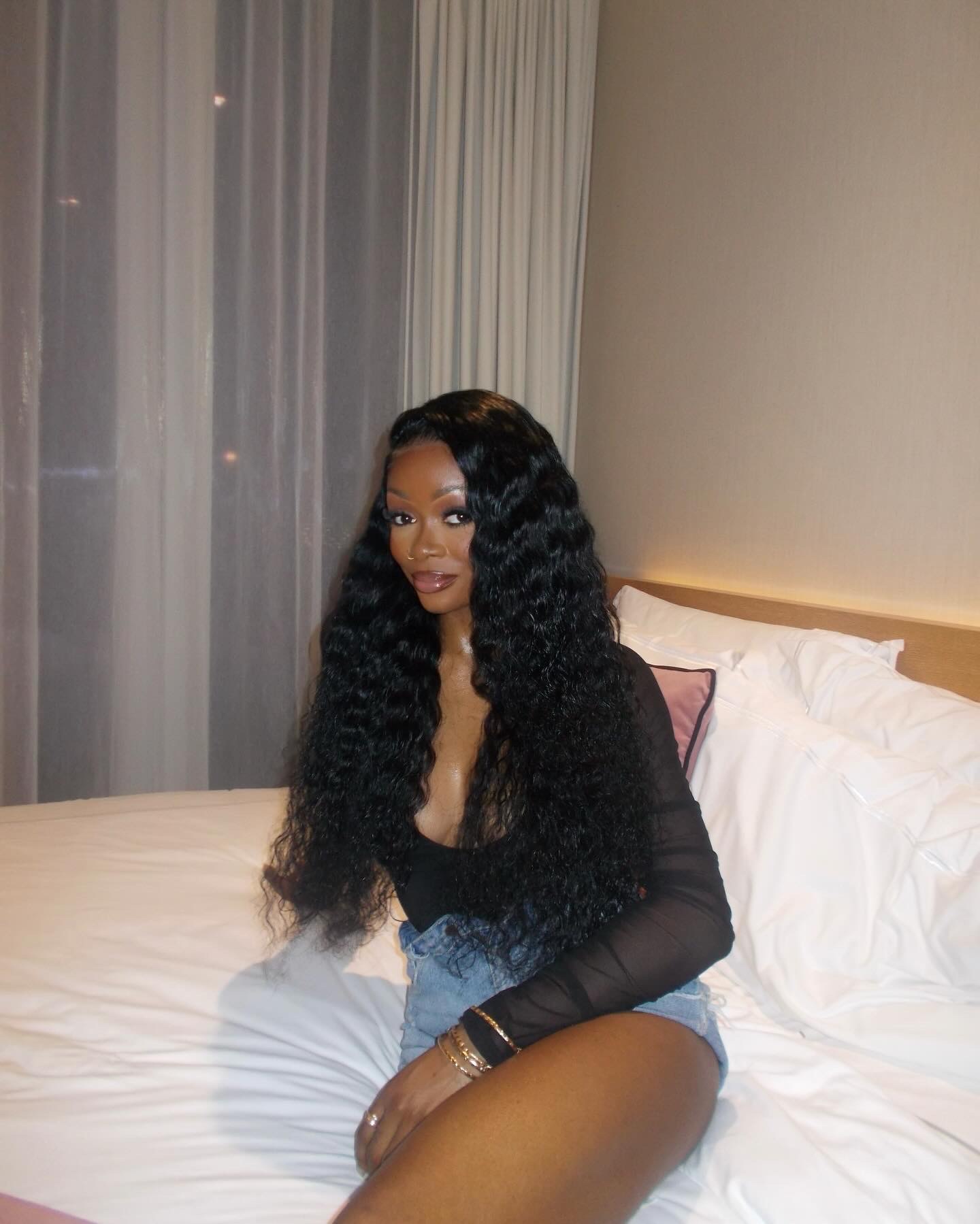Endometriosis occurs when tissue similar to the endometrium, the lining of the uterus, grows outside the uterus. This can be found on the ovaries, fallopian tubes, and even the pelvic walls. Its presence in these areas leads to a multitude of issues, including inflammation, scar tissue, and infertility.
Even though Black women are just as likely to develop endometriosis, research indicates they are 50% less likely to receive a diagnosis. If a diagnosis is ever given, it is usually after years of pain and discomfort.
Although there is no evidence to suggest endometriosis is more common in white women, they account for 72% of diagnoses. Some studies have explored the historical association between endometriosis and whiteness. John Megis was the first to claim that gynecological conditions appeared more frequently in “private patients” compared to “ward patients”. At this time, both terms carried both socioeconomic and racial undertones, implying that endometriosis was more common in those of white descent. This is now known to be a myth.
Now, creators like Rashida Animashaun are bringing much-needed awareness to endometriosis, specifically at the intersection with Black women’s health.
She recently launched a new forum, “Flare Up and Chill,” to support women with gynecological issues. Here, members are encouraged to share their personal stories, advice, and symptoms to help others on their journey to diagnosis.
The Science Gap sat down with Rashida to discuss her journey to being diagnosed with endometriosis, and how she’s giving back to Black women who are going through similar challenges.

What was your journey like getting diagnosed with endometriosis?
Honestly? Long, traumatic, and exhausting. I started my period at 12, and the pain was unbearable from the start, but doctors brushed it off as “normal.” I was told it was irritable bowel syndrome (IBS), anxiety, or just “bad periods.” I had cysts rupture, ended up in A&E multiple times, and was even told the pain would go away after childbirth, which is wild because I was only 13.
I didn’t get diagnosed with endometriosis until I was 25, so last February. 13 years of no answer. Then, later in December of last year, I got diagnosed with adenomyosis. It felt like no one was listening until I made them.
How do you manage your symptoms now?
It’s definitely a mix of things. I try to stay away from hormonal treatments because they cause more harm than good for me. What helps is listening to my body and managing things holistically. I take primrose oil and vitamin D daily, eat a mostly Mediterranean-style diet (although I still enjoy my Nigerian food!), and use tools like castor oil packs, MyOovi, and CBD tampons.
I also do a lot of emotional and mental health work. Journaling, resting without guilt, being honest about my limits, and leaning into hobbies that bring me peace like reading or playing my ukulele. Warmth is a big thing, too. Heat pads, hot showers, and even traveling to places like Dubai, where the weather gives my body a break.
You share your personal experiences with endometriosis on social media. What inspired you to start sharing your story?
Honestly, it was partly out of frustration and partly from wanting connection. I felt so isolated for so long. Doctors didn’t get it, friends didn’t always understand, and I was tired of pretending I was okay when I wasn’t. Sharing my story became my way of taking back power, and I saw how many other people were silently going through the same thing. I started my podcast, ‘Periods, Pads & All That Jazz’, because I wanted to create the kind of space I never had. Then I decided to build a website & forum called ‘Flare Up & Chill’. A space that’s raw, soft, and unfiltered because we deserve that.
What’s something you wish doctors and adults understood about Black girls with endometriosis?
That we feel pain too. That our strength isn’t a reason to dismiss our suffering. So many Black girls grow up being told to “toughen up” or that we’re “too young” to be in that much pain. I wish they understood that our experiences are real, even if we don’t cry or speak up right away. The system isn’t built for us, so we often suffer in silence or get labelled as “dramatic.” I want them to know that we’re not exaggerating, we’re surviving.
What advice would you give a Black woman who's in pain, and no one's listening to them?
First of all, I see you. You’re not crazy, and you’re not alone. Document everything. Advocate for yourself, even when your voice shakes. If one doctor isn’t listening, find another. Build a support system, even if it starts online. Rest without guilt. You don’t have to prove your pain to be worthy of care. And please, don’t wait for validation to start healing. Your body has always been telling the truth, even if others refuse to hear it.
Sign up to Flare Up and Chill - https://flareupandchill.com/

Subscribe to our newsletter to gain exclusive access to new articles and community initiatives. Stay informed and help us bridge The Science Gap!